Country Life Today: Conservationists welcome the new Environment Bill but some wonder whether it will make it into law
In today's round up, we look at the provisions of the new Environment Bill and the reactions to it; discuss whether fracking is coming to an end in the UK; and discover who is the world's best porridge-maker.
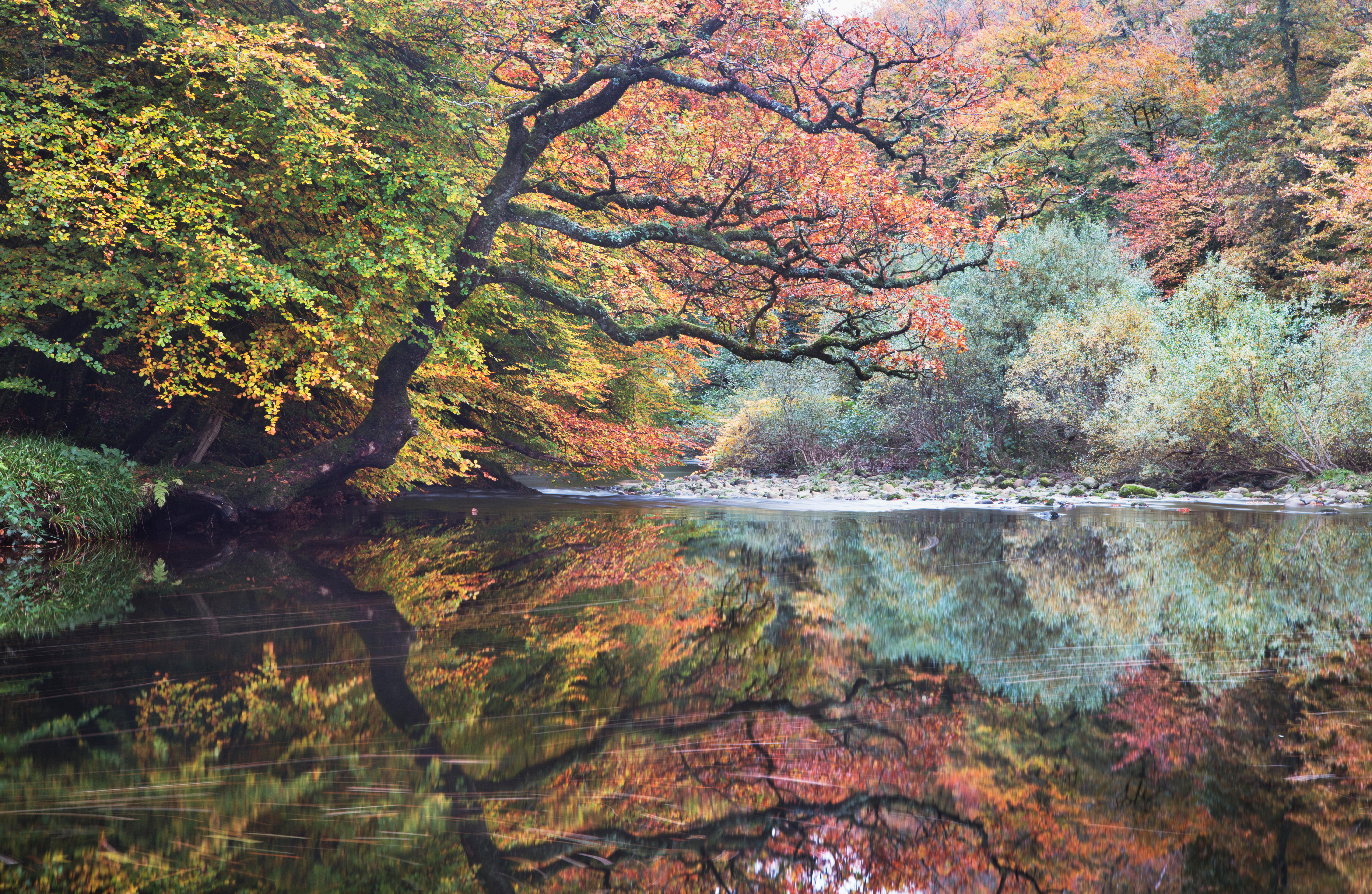

Government presents ‘landmark’ Environment Bill
Yesterday’s Queen’s Speech introduced a landmark Environment Bill, promising to trigger ‘a green transformation that will help our country to thrive,’ according to Environment Secretary Theresa Villiers. She says it will place environmental ambition and accountability ‘more clearly than ever before at the heart of government.’
The Bill intends to improve air and water quality, tackle the plastic problem and restore habitats, creating a wide range of legally-binding targets. Among others, measures will empower local authorities to fight pollution, build new houses in a way that enhances biodiversity, improve water management, introduce a bottle deposit return scheme and ensure producers take responsibility for the waste they create.
The Government also plans to set up a new independent Office for Environmental Protection to scrutinise environmental policy and law.
The Bill has generally been well received by countryside and conservation bodies, with the Wildlife Trusts calling it ‘a welcome step forward,’ ClientEarth hailing it as ‘an unmissable opportunity for the UK’ and the Country Land and Business Association praising the fact that it provides ‘the stability and clarity needed for the Government to meet its environmental ambitions.’
However, some people question whether the Bill — alongside many others featured in the Queen’s Speech — will ever see the light of the day as a lack of a Parliamentary majority for the Government and divisions over Brexit could potentially lead to a new General Election. For this reason, conservationists such as the Wildlife Trusts are asking for the Bill to become a priority for all parties. ‘Time is running out,’ they wrote on Twitter. ‘We must act quickly to tackle the environment emergency.’
Is this the end of fracking in the UK?
Anti-fracking campaigners are claiming victory after energy company Cuadrilla began removing equipment from its Lancashire site. Operations had been halted since last August, when drilling caused a tremor of 2.9 magnitude on the Richter scale, triggering a review by the Oil and Gas Authority. Now Cuadrilla have said that ‘further hydraulic fracturing will not take place at Preston New Road before current planning permission for fracturing expires at the end of November’.
Sign up for the Country Life Newsletter
Exquisite houses, the beauty of Nature, and how to get the most from your life, straight to your inbox.
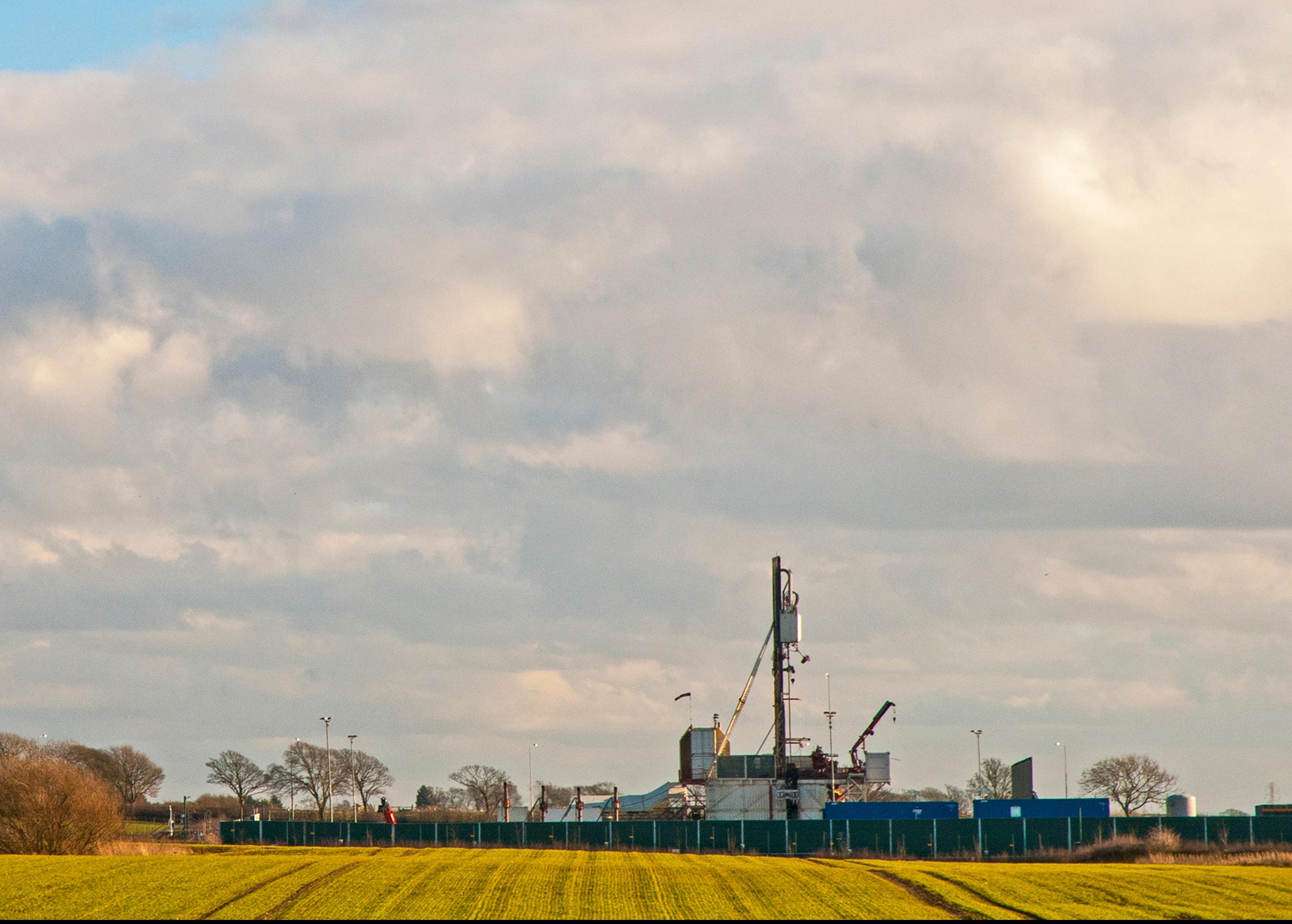
Even though the company also stated that it will ‘begin flow–testing’ a second well, activists believe that this move marks the beginning of the end for shale-gas extraction in the UK.
On this day
Pope Gregory XIII introduced the Gregorian calendar on October 15, 1582 to correct a mistake that arose from the Julian system that had previously been in use. The difference between the two was of 11 days so October 4, 1582, was immediately followed by October 15.
The ‘new’ calendar is now the most widely used in the world, but it took centuries for it to spread beyond Catholic countries. Britain, for example, only adopted it in September 1752, moving from September 2 to September 14 over the course of 24 hours.
Late-born baby hedgehogs may not survive winter
Rising temperatures are putting hedgehogs at risk. Because the weather is warmer, larger numbers of hoglets are born later in the year but they may not have enough time to grow before the cold sets in. This means that many will not make it through winter.
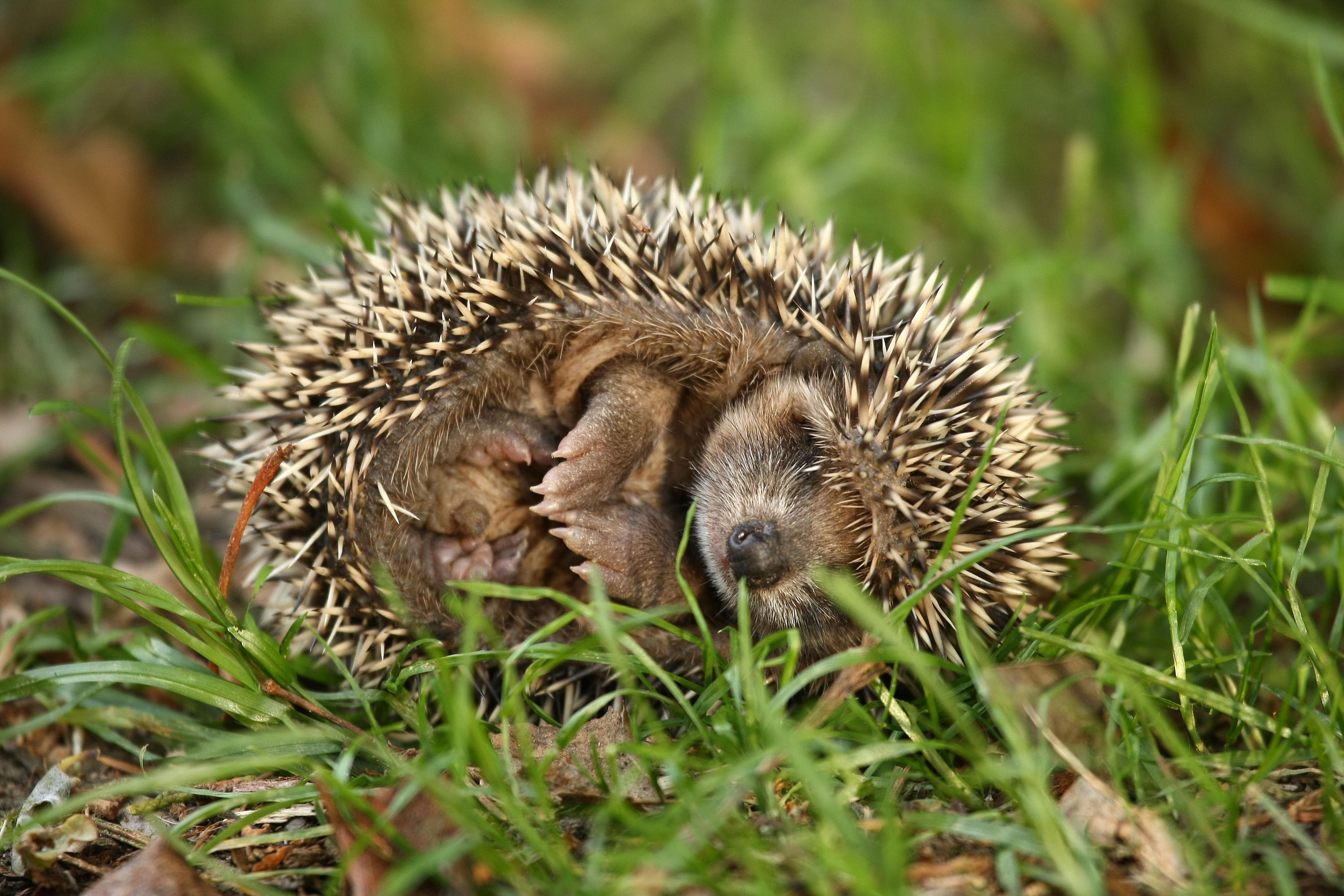
Charities are calling for donations to help them take care of rescued baby hedgehogs, as well as asking the public to take a few simple steps to support the beleaguered species.
Devon fights plans to move a railway line on Holcombe beach
Devon residents have reacted angrily to Network Rail’s plans to move a stretch of railway line onto Holcombe Beach.
The line, which links Devon and Cornwall to the rest of the country, currently runs close to cliffs that are at risk of falling. In 2014, a storm caused so much damage that the line had to be closed for six weeks, costing the local economy £1 billion. Network Rail believes moving it onto the beach is the best possible solution to keep it open. However, residents object that this will destroy the beach and have a devastating impact on local people, wildlife and tourism.
Network Rail said a consultation would be held before the project goes ahead.
New robots will inspect offshore wind farms
In a fresh boost to the renewable energy industry, Scottish scientists have created special drones that can examine potential damage to wind turbines in offshore farms, attach sensors to check whether the structure is sound and potentially begin any necessary repair work.
This, says Dr Mirko Kovac of Imperial College London, which is part of the consortium that developed the robots, ‘has far reaching applications, including removing the need for humans to abseil down the side of turbines which can be both dangerous and expensive.’
And finally... the world has a new porridge-making champion
There’s someone who makes porridge better than anyone else in the world and her name is Lisa William. Mrs William, from Trimley St Martin, in Suffolk, has vanquished competitors from as far afield as Canada and Sweden to win the World Porridge Making Championships and bag the coveted Golden Spurtle that comes with the title.
She had already made it to the final six in the 2016 edition, but this time her recipe proved unbeatable — which is all the more extraordinary when considering that competitors can only use oatmeal, water and salt in their creations. Her porridge, said judges, ‘had a beautiful texture and a lovely flavour - it just came together.’
Carla must be the only Italian that finds the English weather more congenial than her native country’s sunshine. An antique herself, she became Country Life’s Arts & Antiques editor in 2023 having previously covered, as a freelance journalist, heritage, conservation, history and property stories, for which she won a couple of awards. Her musical taste has never evolved past Puccini and she spends most of her time immersed in any century before the 20th.
-
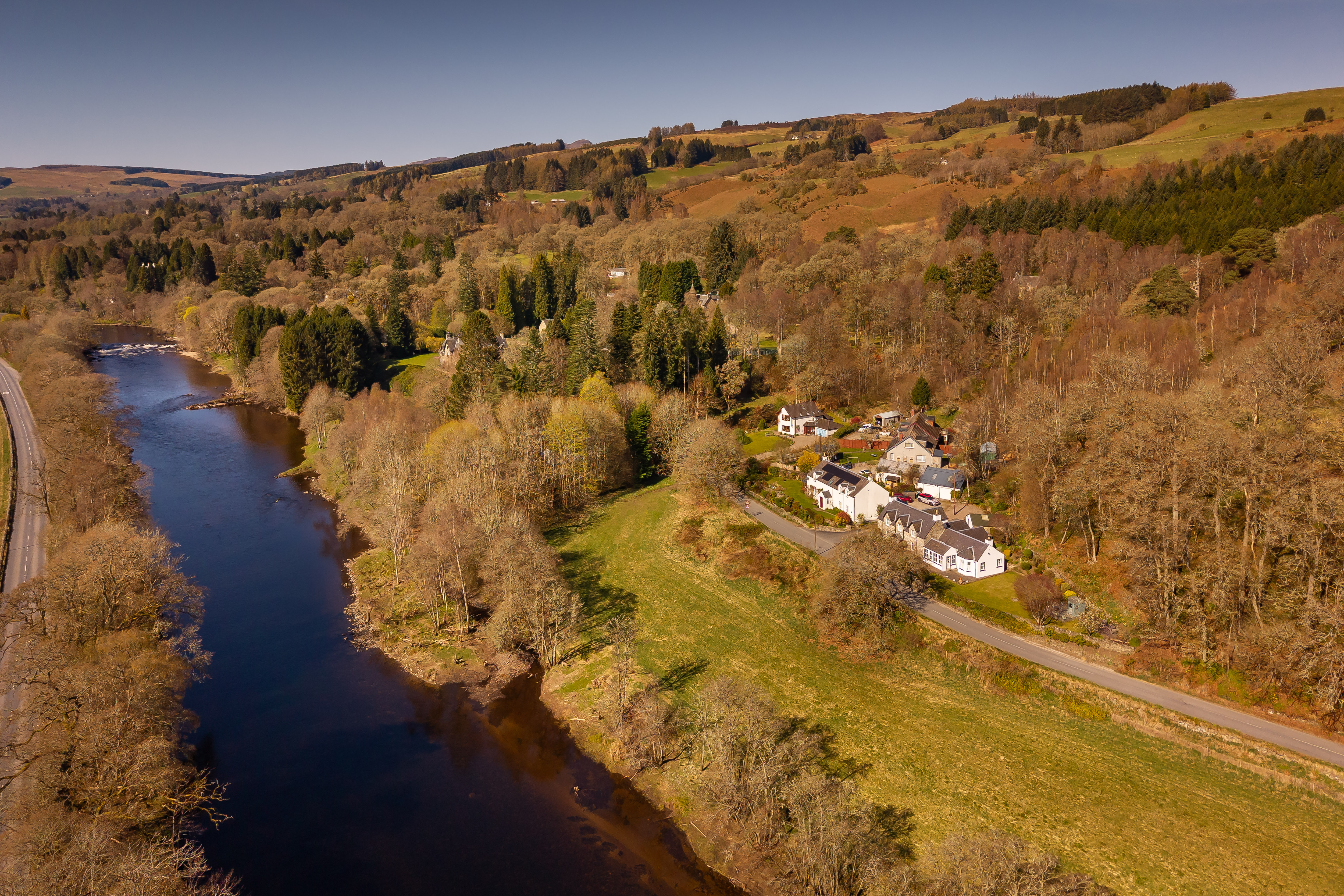 A gorgeous Scottish cottage with contemporary interiors on the bonny banks of the River Tay
A gorgeous Scottish cottage with contemporary interiors on the bonny banks of the River TayCarnliath on the edge of Strathtay is a delightful family home set in sensational scenery.
By James Fisher
-
 Athena: We need to get serious about saving our museums
Athena: We need to get serious about saving our museumsThe government announced that museums ‘can now apply for £20 million of funding to invest in their future’ last week. But will this be enough?
By Country Life
-
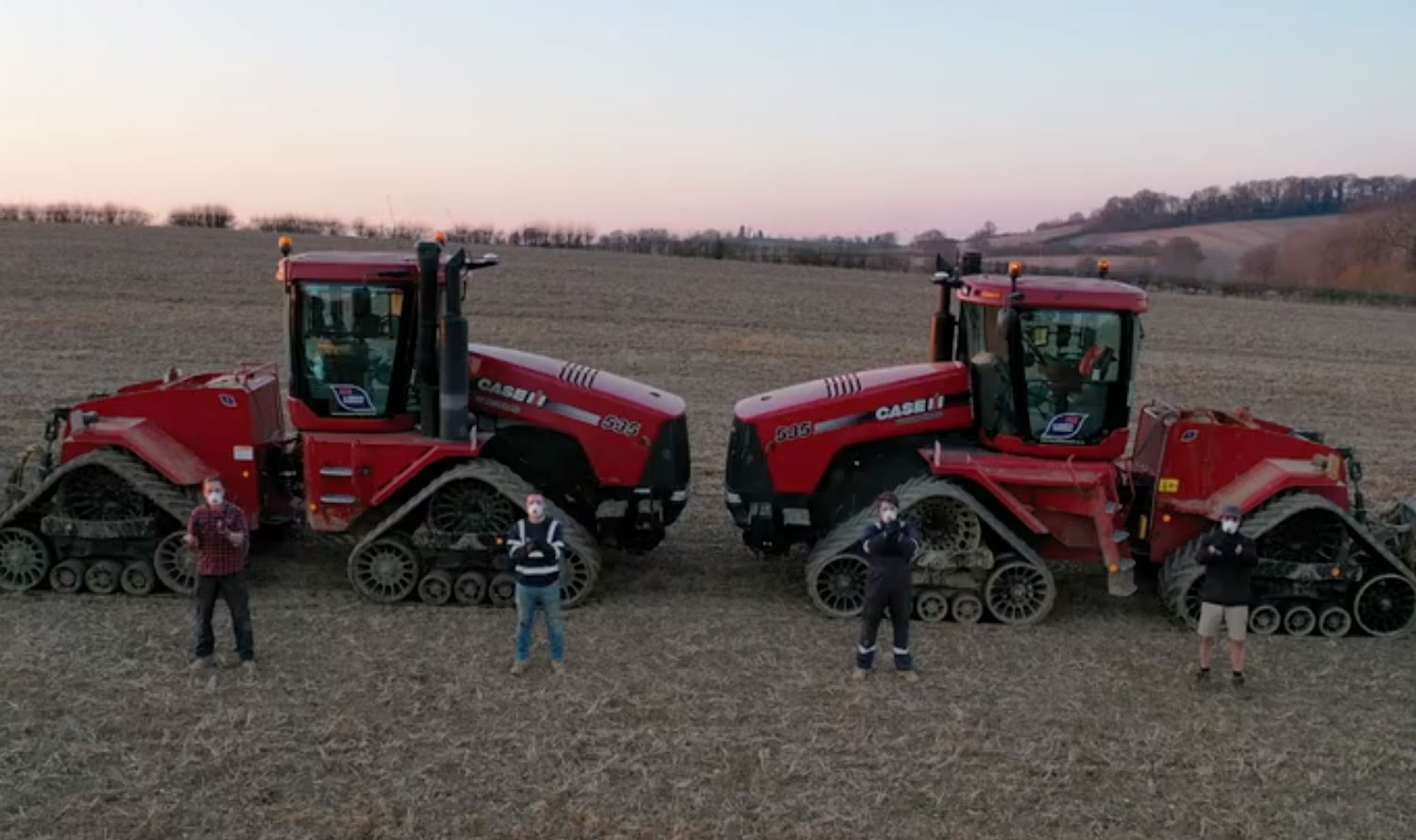 The brilliant tractor tribute to the NHS from a group of Warwickshire farmers
The brilliant tractor tribute to the NHS from a group of Warwickshire farmersPeople around Britain have been paying tribute to the efforts of our NHS workers at the time of the coronavirus pandemic — but few have been as creative and clever as this one.
By Toby Keel
-
 London's iconic red bus at risk and 6,000 year old chewing gum gives clues into our DNA history
London's iconic red bus at risk and 6,000 year old chewing gum gives clues into our DNA historyCuts to industry subsidies and an increase in fares has left bus use at its lowest point ever, while DNA extracted from ancient 'chewing gum' allows scientists to decipher the genetic code of a Stone Age woman.
By Alexandra Fraser
-
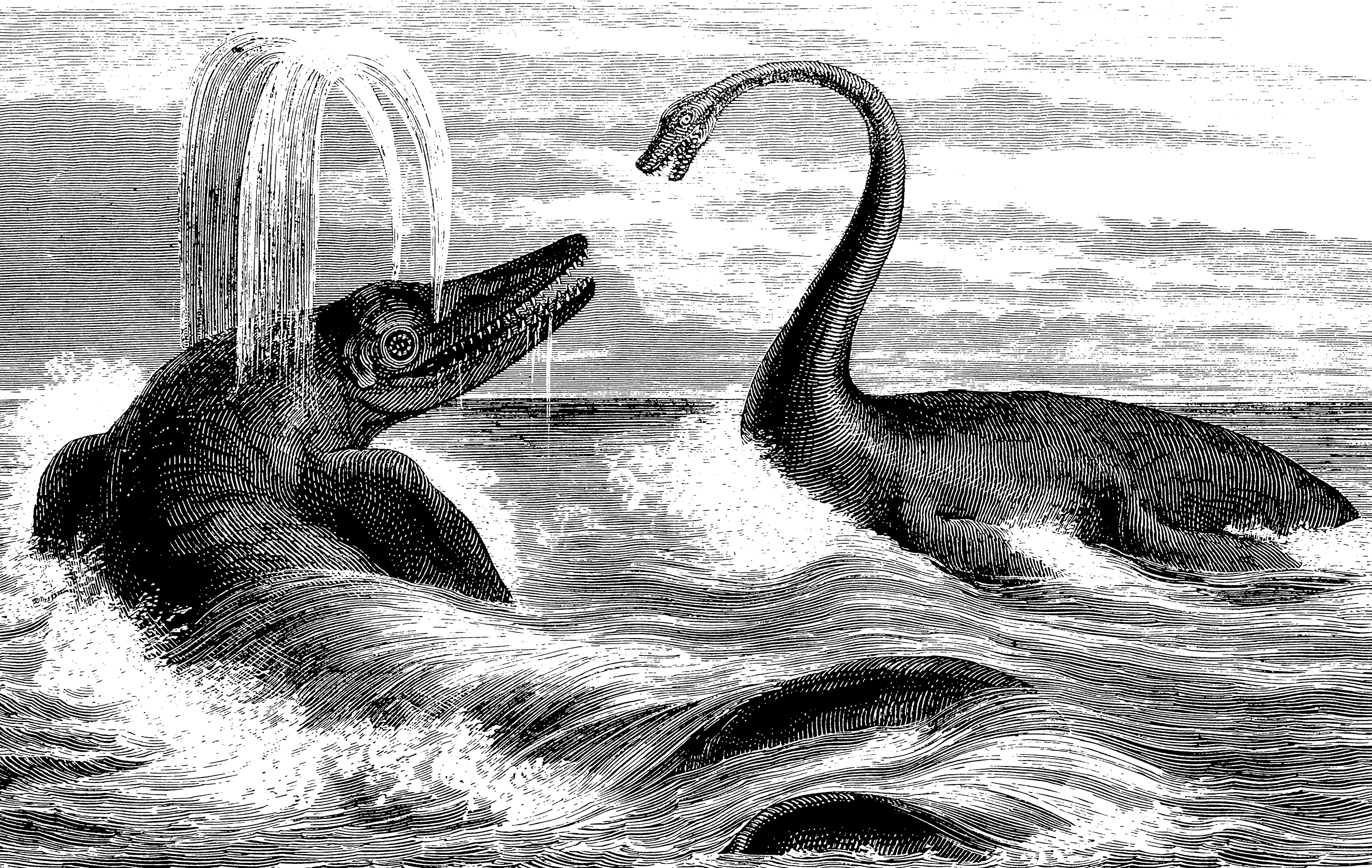 90-million-year-old 'swimming dinosaur' skeleton found by dogs out walking in Somerset, and the nonchalant moths who don't bother fleeing enemies
90-million-year-old 'swimming dinosaur' skeleton found by dogs out walking in Somerset, and the nonchalant moths who don't bother fleeing enemiesA superbly intact dinosaur skeleton — described as being 'museum quality' — has been discovered on a beach in Somerset.
By Toby Keel
-
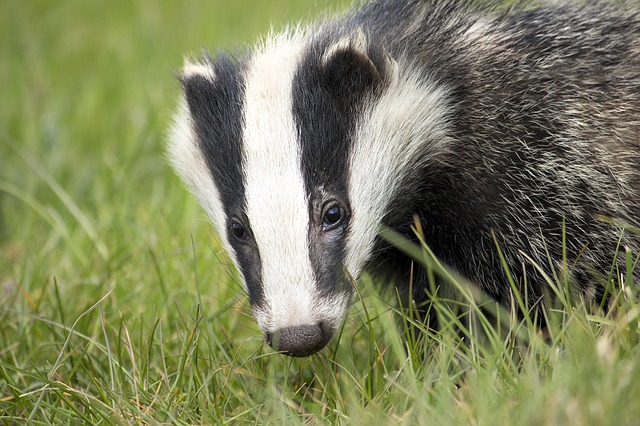 Battle to ban 4x4s from the idyllic Lake District spot bequeathed by Beatrix Potter, eagle fights octopus and the 'snail's pace' climate talks
Battle to ban 4x4s from the idyllic Lake District spot bequeathed by Beatrix Potter, eagle fights octopus and the 'snail's pace' climate talksThis morning we look at Little Langdale's fight for peace, reflect on the climate change talks in Madrid and discover the soundtrack for Brexit.
By Toby Keel
-
 Country Life Today: How Greta Thunberg shifted the dial on climate change — and the backlash shows just how much
Country Life Today: How Greta Thunberg shifted the dial on climate change — and the backlash shows just how muchThis morning we ponder whether Greta Thunberg is the Joan of Arc for the environmental movement, look at a key election — one from 19 years ago — and ponder the marvel of 'dad tidying'.
By Toby Keel
-
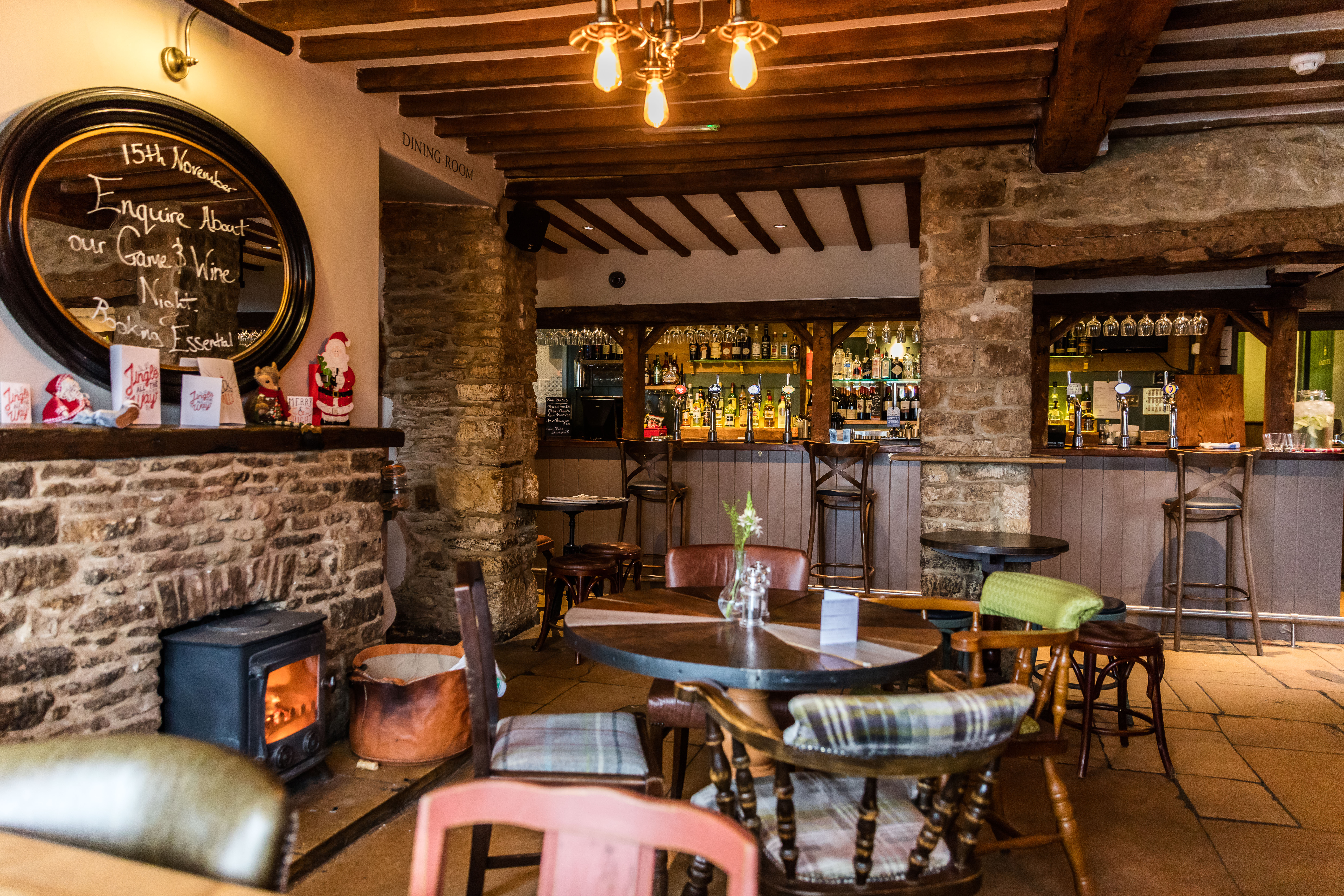 Country Life Today: Great news for those who love our great country pubs — the years of decline are over
Country Life Today: Great news for those who love our great country pubs — the years of decline are overThere is a great sign of health in the pub industry, we look back at Edward VIII's abdication message and fret about Greenland's melting ice.
By Toby Keel
-
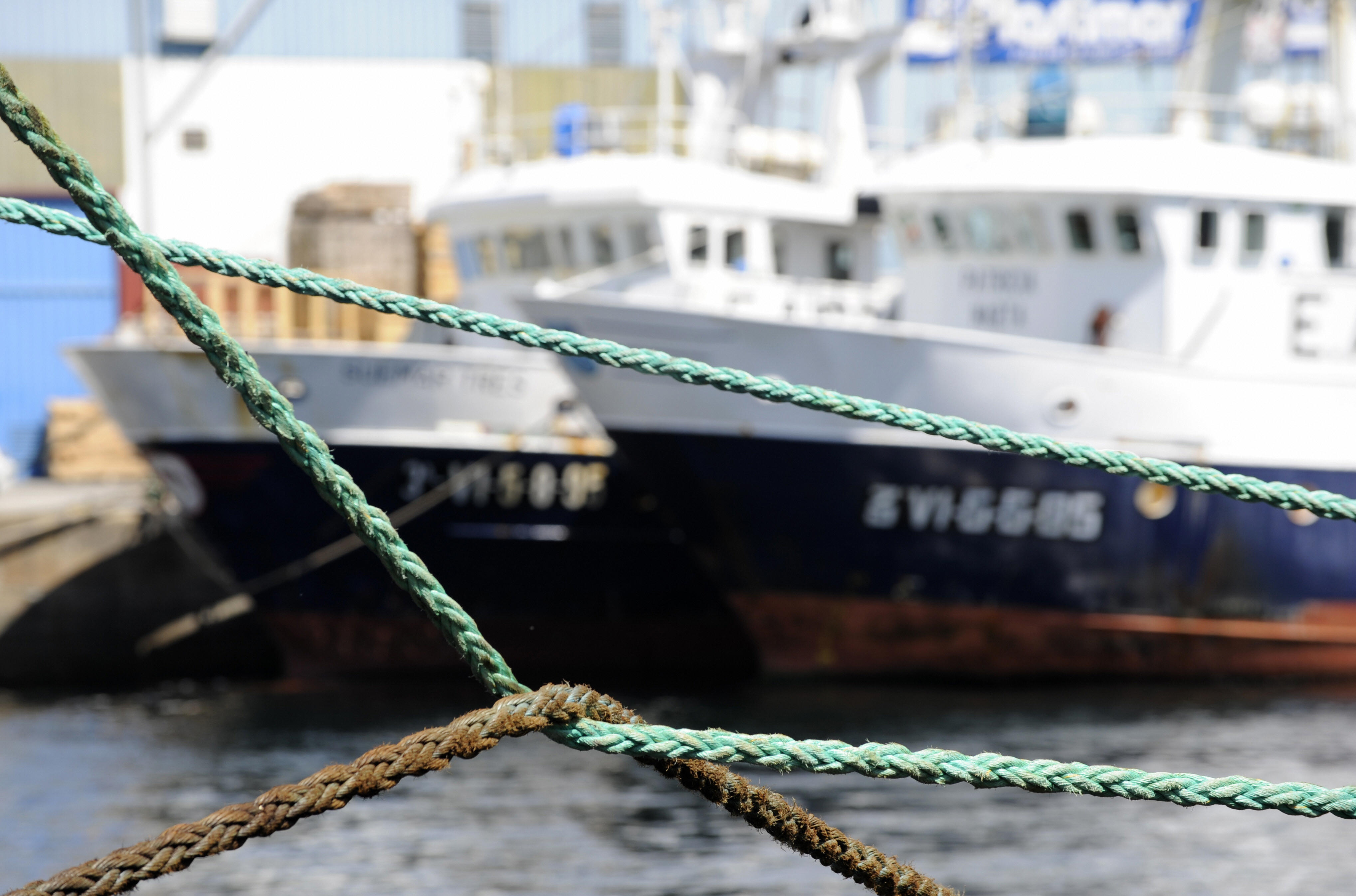 Country Life Today: Spain accused of being 'a deplorable choice' for UN climate conference
Country Life Today: Spain accused of being 'a deplorable choice' for UN climate conferenceA no-holds-barred assault on the Spanish fishing industry, Banksy raising awareness of the homeless and the woes of the Christmas jumper are in today's news round-up.
By Carla Passino
-
 Country Life Today: 'This is perhaps the ultimate wake-up call from the uncontrolled experiment humanity is unleashing on the world’s oceans'
Country Life Today: 'This is perhaps the ultimate wake-up call from the uncontrolled experiment humanity is unleashing on the world’s oceans'In today's round up, we examine why oxygen loss is putting oceans at risk, discover that action to cut air pollution brings almost immediate benefits to human health and find out which bird's arrival marks the start of winter in Gloucestershire.
By Carla Passino